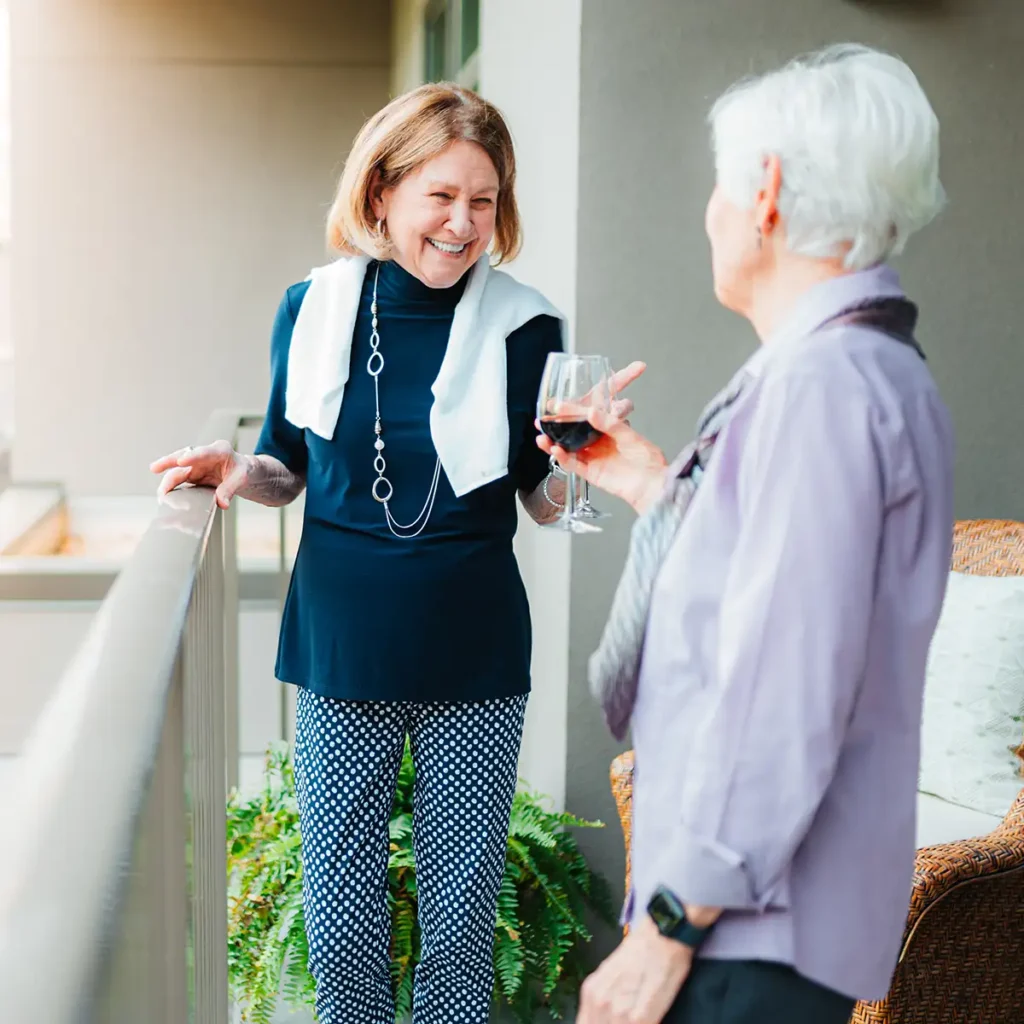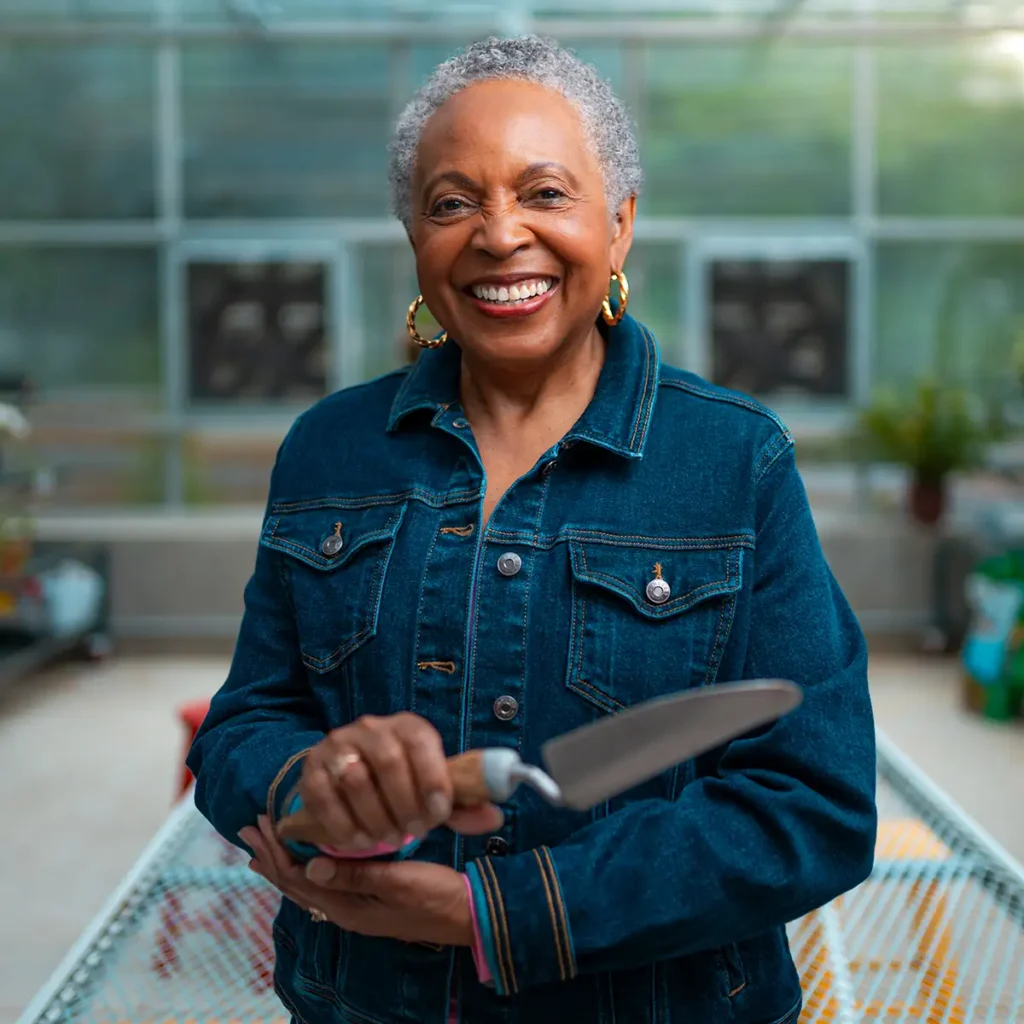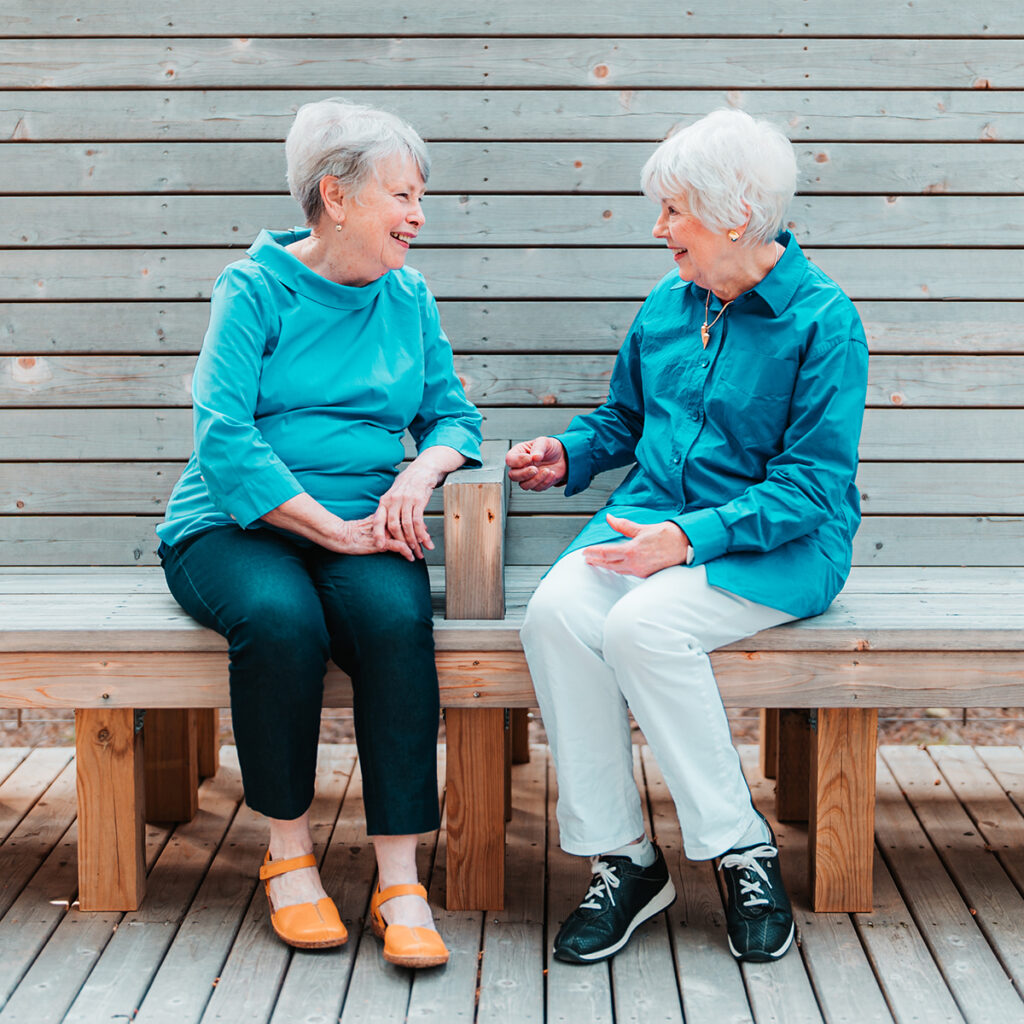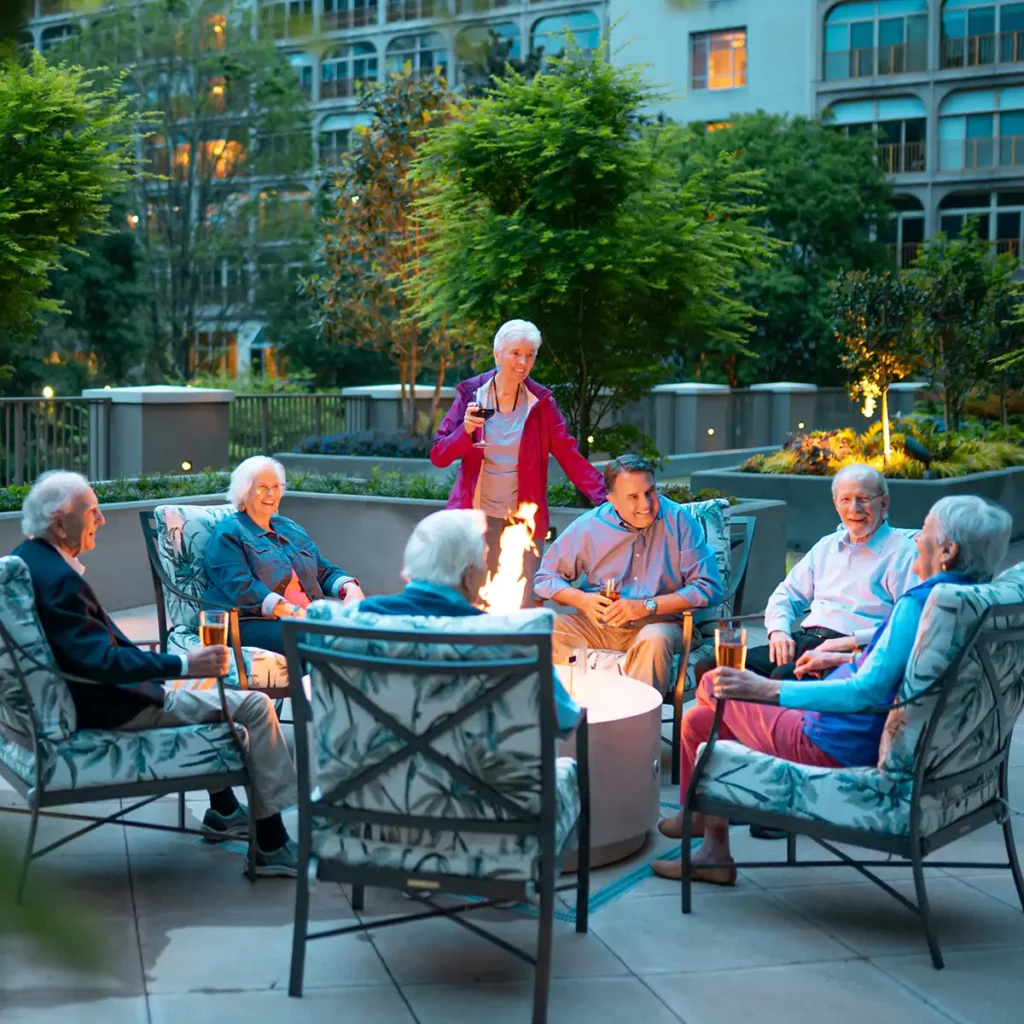Wisdom and wrinkles aren’t the only tokens that come with age. Change is another inevitable sidekick to the passing of time. For some, that means planning for retirement and all that goes with it on your own.
Society tends to paint this scenario in a negative light, but solo aging is a reality for many older adults—and one that can result in a truly rewarding quality of life. After all, there’s truth at the root of most old adages, and the idea that “life is what you make it” is no exception.
Living alone in your retirement years is actually more common than you may realize. According to the U.S. Census Bureau, about one-fifth of men and more than one-fourth of women ages 65-74 live alone. For those 75 and older, the numbers are even higher; about one in four men and approaching half of all women live on their own.
It’s true that aging alone is a different experience from someone whose spouse or partner factors into the equation. However, there are definite upsides to making decisions and plans for your future that reflect you and you alone.
Alone vs. Lonely—They Aren’t the Same
Before exploring some of the nuances of solo aging, it’s important to address the connotations and assumptions surrounding older adults who live alone. Namely, you should know that living alone doesn’t automatically mean you’re lonely—or that you should or will be.

Living alone is a physical state, and for some older adults, it’s a lifestyle they choose happily. Others live alone by chance or circumstance, such as the passing of a partner or spouse, but continue living in the present and making the most of their remaining years.
Loneliness, on the other hand, is an emotional condition that can exist with or without the physical presence of a partner or other loved ones in your life. When you’re lonely, you feel disconnected from others. Living alone can certainly ignite and fuel those feelings, but many people report feeling alone in a crowded room.
This is not to minimize the very real concern of loneliness and its potential toll on seniors’ mental and physical health. However, recognizing that the two are not intrinsically tied is a first step toward empowering yourself to live your best life and embrace solo aging.
Making Decisions as a Party of One
Living alone comes with plenty of perks, but also some special considerations. You can choose what sounds good to eat and when, pick the shows you watch, set the most comfortable temperature on the thermostat, and never have to fight for your half of the covers.
On the flip side, running a household falls squarely on you when you’re aging solo. Chores that were simple in your younger years may become more demanding, and potentially less practical for you to handle on your own. There may be a point when you need to evaluate how much you can—and want—to be responsible for maintaining.
As an older adult living alone, you need a certain level of self-awareness and humility to recognize your limitations and accept help when it’s needed, especially if your health or safety are at risk.
It also behooves you to think about the “what-ifs” and put contingency plans in place. If you fall, do you have a way to call for help? If your safety is compromised, are you able to make modifications to your home? If you get sick, who can help care for you and your home while you recover?
Another consideration is the financial and legal ramifications of solo aging. Without a spouse or partner to manage your affairs, having a will in place will protect your heirs from complicated legal processes and delays in settling your estate.
While thinking about the possibility is unpleasant, it’s also necessary to think about how you would like to manage financial, legal and even medical decisions if you’re unable to do so yourself. Depending on your personal circumstances, your children or trusted friends can support you as you evaluate your options. Or you may prefer to enlist a professional, such as a financial planner or attorney, who can lay everything out in black and white for you to consider.
Practical decision-making aside, living alone also means contemplating what living well means to you personally. Not just in superficial ways, like spaghetti versus tacos, but in how you fill your days with enriching and rewarding moments that give your life purpose.
Living Your Best Life
At any age and in any circumstance, living well is an intentional and deeply personal process. What constitutes living well for one person may not be the same for another, but some common themes can help guide you in aging solo with grace.

Embrace your hobbies.
In retirement, you’ve earned the right to spend each day as you wish, doing the things that bring you joy. At first, you may bask in the pleasure of freedom from work responsibilities, but you’re likely to discover fairly quickly that you’re more content when you do something productive to give your days meaning.
It may be your chance to take a deeper dive into a lifelong hobby, or to explore an activity or topic that captivates you. Classes, clubs and interest groups are all avenues to explore. You might also find it rewarding to put your skills and knowledge into working as a volunteer, helping others in your community.

Nurture social connections.
Even if you prefer to keep your circle small, having connections to others is essential as you age. Depression and anxiety are among the most common mental health risks of older adults, and both tend to be more prevalent among seniors who live alone. What’s more, people who struggle with loneliness, depression and stress are at greater risk for conditions like dementia and heart disease.
Conversely, numerous studies affirm that seniors with strong social ties demonstrate stronger cognitive function, better mood and self-esteem, stronger immune systems, better health, improved sleep and longer lifespans.

Set yourself up for success.
Sometimes change is necessary to achieve the lifestyle and happiness you deserve. For example, if your current circumstances don’t allow you to build social ties, you may find that moving to a community where you can be around others is a welcome shift that opens new doors and possibilities.
A Life Plan Community like Canterbury Court can also provide valuable peace of mind about what lies ahead. Moving into a well-appointed independent living apartment allows you to begin making friends and enriching your life with amenities like the Legacy Gardens, Wellness Center and more.
Then, if your needs change, you can count on care at the Monarch Pavilion, located on the campus you’ve come to know and treasure. What’s more, because it’s an investment in future care, a Life Plan Community can play an important role in your financial and estate planning.
If you’re living alone and interested in exploring how a community like Canterbury Court could enhance your quality of life, make plans to explore our available floor plans, including a selection of private one-bedroom apartments that are the ideal home base for your new approach to aging solo.

